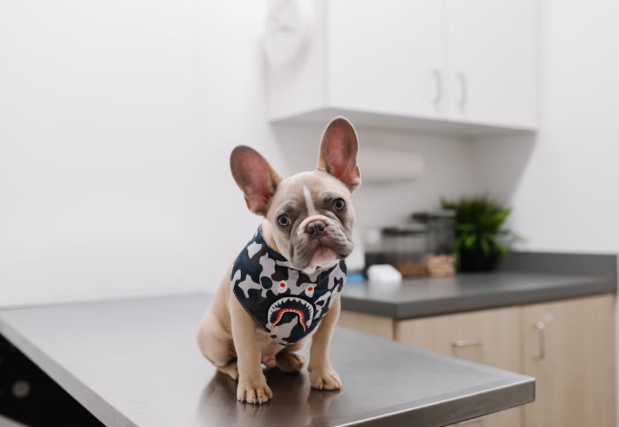Nurturing Companions: How to Take the Best Care of Your Pets

Caring for a pet is more than just feeding and sheltering them—it is about creating a life where they can thrive, feel loved, and stay healthy.
Whether it is a playful puppy like a Mini Golden Retriever, a curious cat, or a gentle rabbit, pets depend on their owners to ensure their wellbeing. The best care comes from a balance of daily love, preventive health practices, and access to proper medical support.
Building Daily Routines of Love and Care
Pets flourish when they feel secure in their routines. Regular feeding schedules, exercise, grooming, and moments of affection create a rhythm that keeps them happy and emotionally balanced. Dogs may need long walks or playful training sessions, while cats enjoy interactive toys and safe spaces to climb.
Grooming is also an essential aspect of daily care, helping to prevent issues like matted fur, ear infections, or overgrown nails. These simple acts not only maintain health but also strengthen the bond between pets and their owners.
The Importance of Pet Vaccinations
One of the most effective ways to safeguard pets from illness is through proper pet vaccinations. Vaccines protect against potentially life-threatening diseases such as rabies, distemper, parvovirus, and feline leukemia.
See also: Immediate Business Support: 8778809213
Ensuring pets stay up to date with their vaccination schedule is not just about protecting them but also about maintaining community health, as some diseases can spread to other animals or even humans. Speaking with a veterinarian about the right vaccination plan tailored to your pet’s age, lifestyle, and risk factors is a vital step in responsible ownership.
Nutrition and Preventive Health
What pets eat directly influences their health, energy, and longevity. Providing balanced meals suited to their species, breed, and age ensures they get the right mix of nutrients. Treats can be part of their lives but should be offered in moderation to avoid obesity and related conditions.
Preventive health also extends to parasite control—fleas, ticks, and worms can cause serious discomfort and illness if left untreated. A combination of proper diet and preventive care helps pets live longer, healthier lives.
When to Turn to an Animal Hospital
Even with the best home care, pets will sometimes face health challenges that require professional attention. An animal hospital offers access to advanced diagnostics, surgery, and emergency treatment that goes beyond the scope of a regular check-up.
Knowing where the nearest animal hospital is located and having their contact information handy can make all the difference in urgent situations. Routine visits to veterinary clinics or hospitals also provide opportunities for health screenings, dental care, and early detection of conditions that may not be visible at home.
Creating a Safe and Enriching Environment
A safe home is a happy home for pets. This means securing harmful substances, ensuring comfortable resting areas, and providing enrichment that stimulates their minds.
Chew toys, scratching posts, puzzle feeders, and safe outdoor time (with supervision or protective measures) all contribute to a fulfilling life. Pets thrive when their physical needs are met alongside their emotional ones, and an enriched environment prevents boredom and behavioral problems.
Caring for pets is an ongoing journey that blends love with responsibility. From keeping up with vaccinations and knowing when to rely on an animal hospital to nurturing them daily with proper food, exercise, and affection, each step contributes to a happier, healthier life. In return, pets offer companionship, loyalty, and joy that enrich human lives in countless ways.



